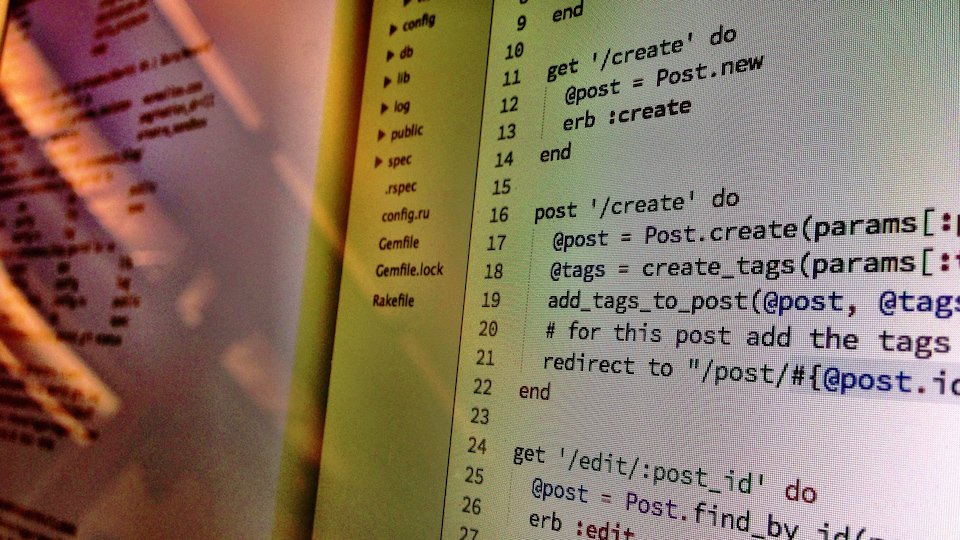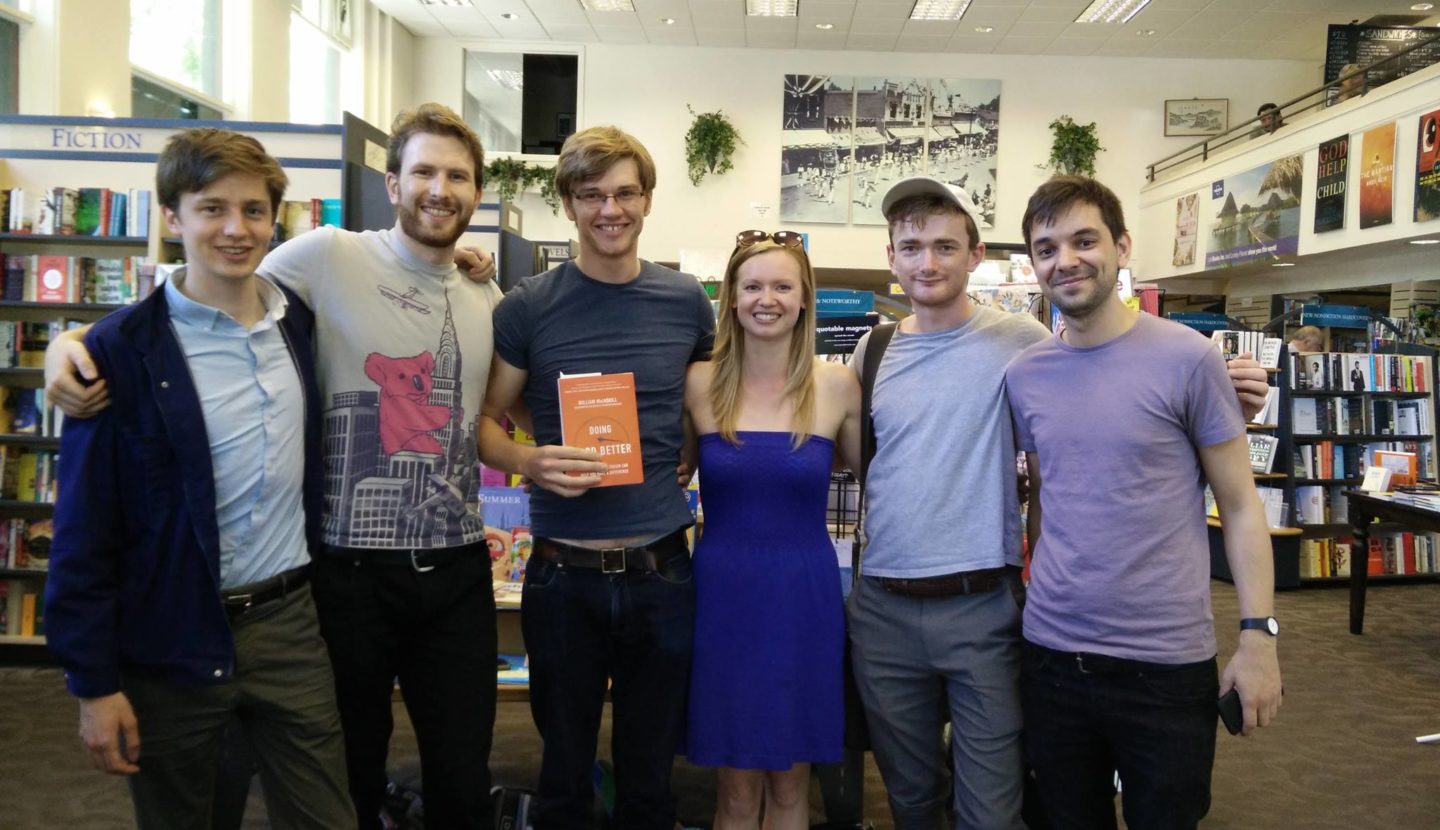The return to coding bootcamps may not remain so high forever

We have been positive about learning to code as a way to gain useful skills for earning to give or doing directly valuable work, and promoted software engineering as a career path.
We are not the only ones who have noticed that this is a pretty great opportunity. From the LinkedIn blog:
Technical talent is in high demand. As of publishing this post, a LinkedIn job search for “Software Engineers” in the US reveals more than 100,000 open jobs. Adding a couple more tech-related roles (“User Designer,” “Data Scientist”) increases the total to more than 200,000 job openings. Job seekers looking to meet job requirements can enroll in a Master’s degree program, but that comes with a 2-year opportunity cost. Now, a shorter path is emerging: fully immersive coding bootcamps.
Coding bootcamps typically last 6-12 weeks and require participants to show up to a class in person. Bootcamps are a relatively new model, but they’re a growing trend that could help close the skills gap. Tapping into the Economic Graph, we compiled aggregated data on over 150 bootcamp programs and more than 25,000 LinkedIn members who have indicated they are attending or have attended bootcamps to identify emerging trends.


 A
A 







